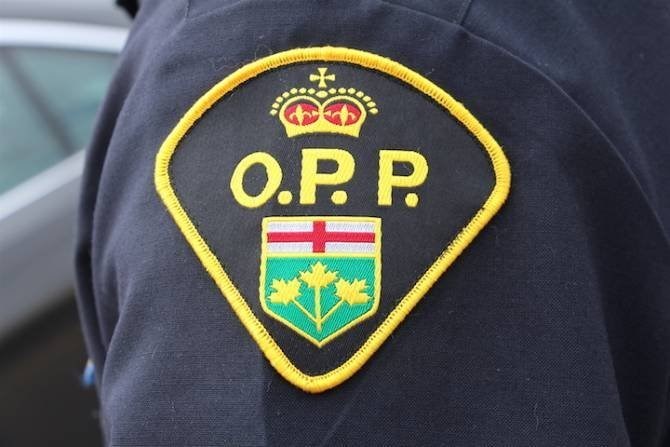Several times in Ontario this year already, when police have been dispatched to a mental health crisis call, the outcome has not been positive.
In May, Toronto police responded to a call involving Regis Korchinski-Paquet, 29, who fell to her death from a high-rise apartment balcony while police were in her home. In June, a police shooting in Brampton caused the death of 26-year-old D'Andre Campbell, a man with schizophrenia. Several days after that, police responded to the home of 62-year-old Ejaz Choudry in Mississauga. Family members said Choudry suffered from schizophrenia and other medical issues, was in distress and he believed police were out to get him. He was shot and died at the scene as that situation escalated.
With these incidents and others in mind, Ontario Provincial Police in Kenora have formed a working partnership with the local branch of the Canadian Mental Health Association (CMHA) to provide what it calls "more effective and appropriate responses to mental health and addictions-related crisis calls".
This new partnership, known as the Kenora Mobile Crisis Response Team (MCRT), will see a CMHA mental health nurse embedded within the Kenora OPP detachment who will accompany a specially trained officer on mental health and addictions-related police calls.
The Kenora MCRT is set to launch Nov. 2, said a joint news release from the OPP and the CMHA.
The move by OPP in Kenora to partner with the mental health organization is believed to be one of the first such partnerships within an OPP jurisdiction in Northern Ontario.
"Events across Canada and the United States in recent months have shone a light on an urgent need for respectful, compassionate, informed responses to mental health crisis calls," said Kenora OPP Inspector and Detachment Commander Jeff Duggan.
"We see this new mobile crisis partnership with CMHA Kenora as an opportunity to equip our detachment with the right tools to bring appropriate crisis care to the people in our community who need it."
CMHA Kenora Executive Director Sara Dias is also optimistic for the partnership.
"This collaboration between the OPP and CMHA Kenora is a natural fit that will make our community safer," said Dias, adding that the program will get the right help for the right people and a more direct connection to the community services that people need for better outcomes and better mental health on a community wide basis.
"We believe this will provide mental health and addictions care providers the profile and presence they need to help people build resilience, prevent relapse and support more individuals before they reach a crisis," she said.



